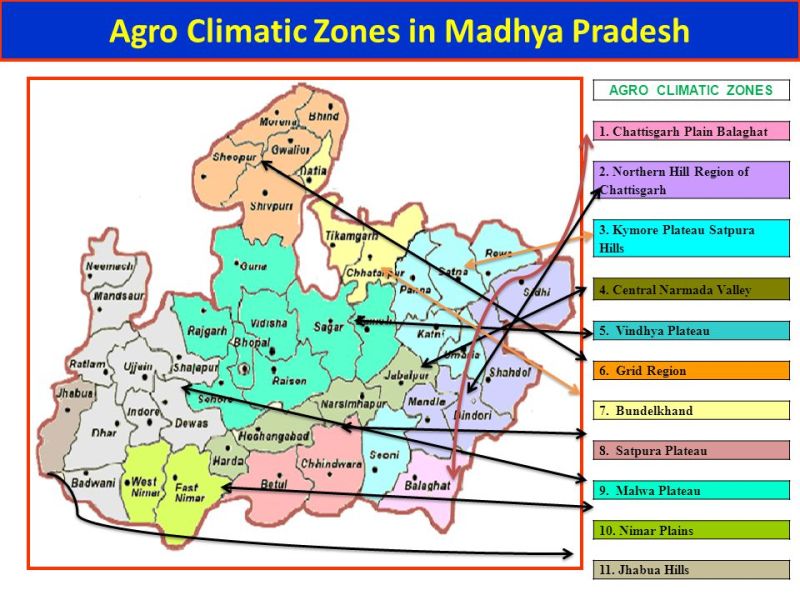National Commission for Backward Classes
National Commission for Backward Classes The NCBC is a body set up under the National Commission for Backward Classes Act, 1993. It has the power to examine complaints regarding inclusion or exclusion of groups within the list of backward classes, and advise the central government in this regard. Composition of the commission Commission will consist … Read more



